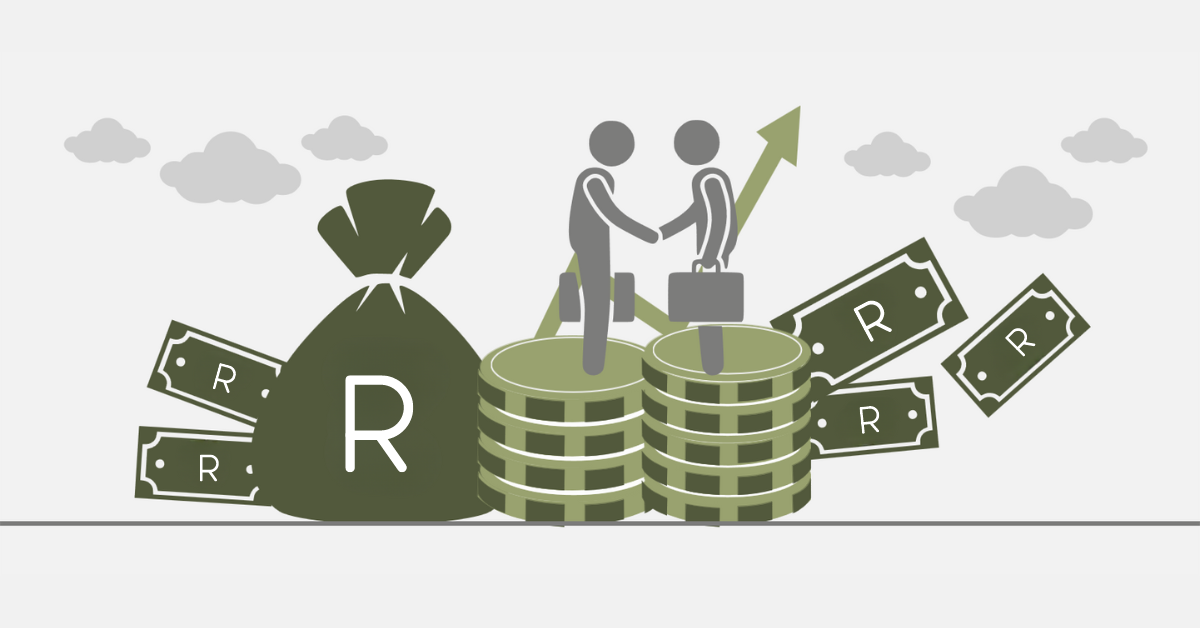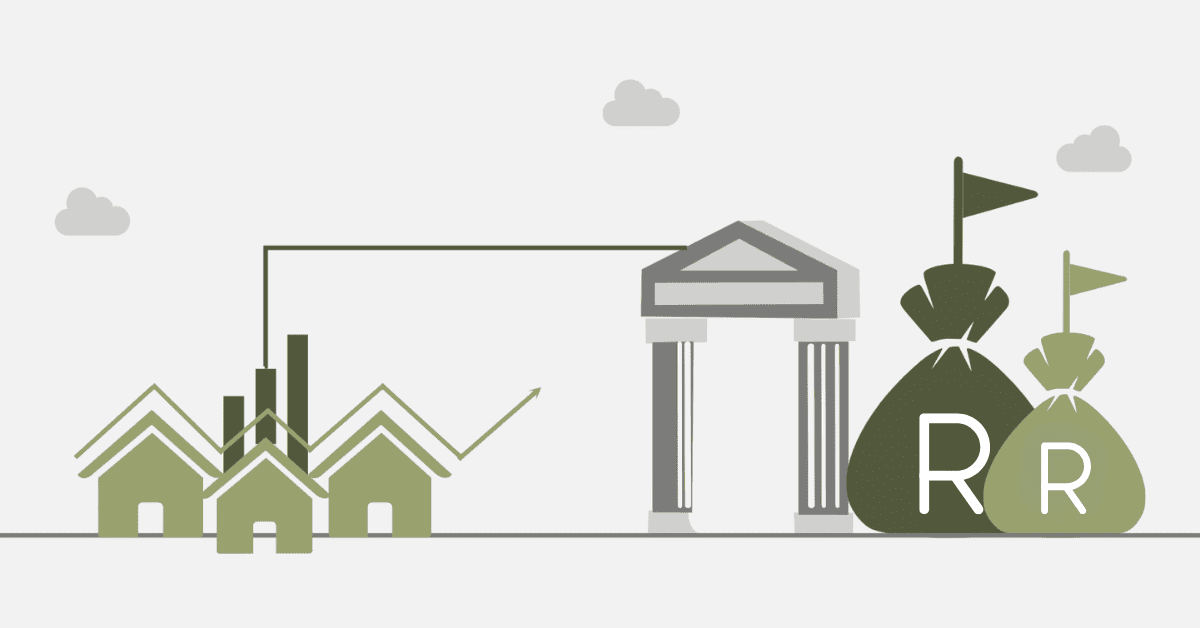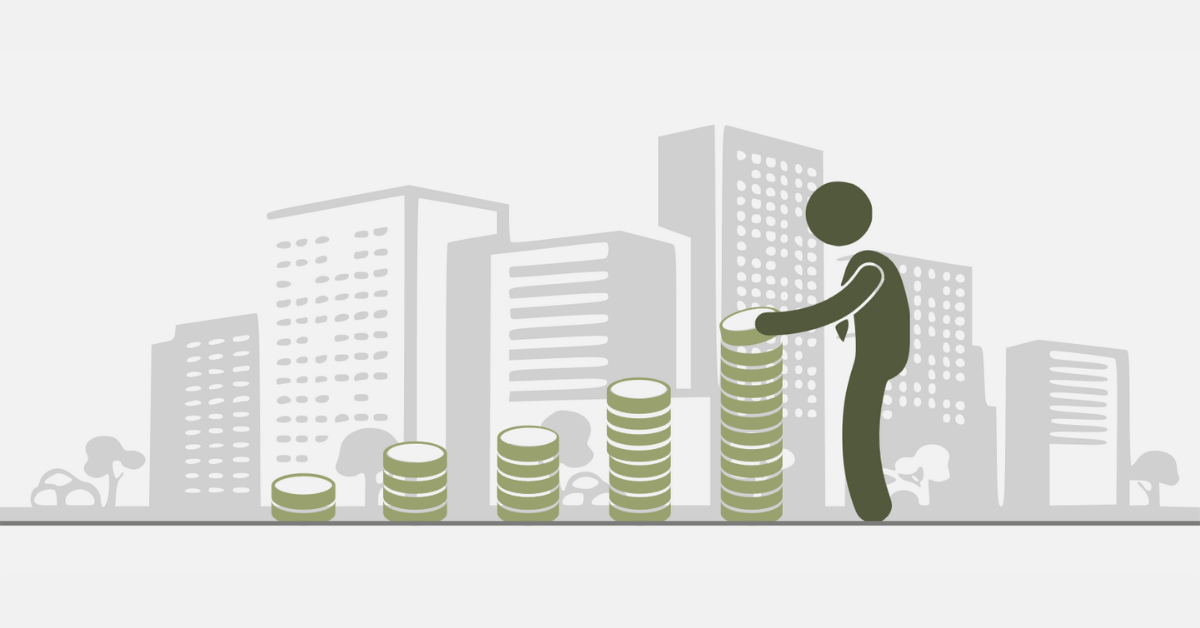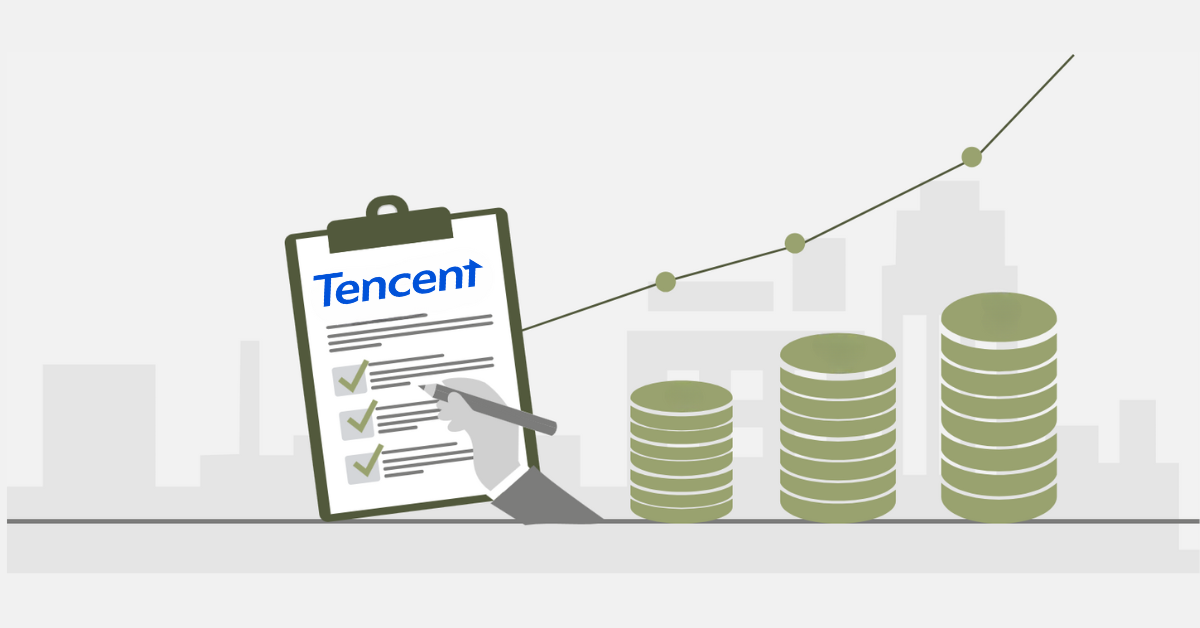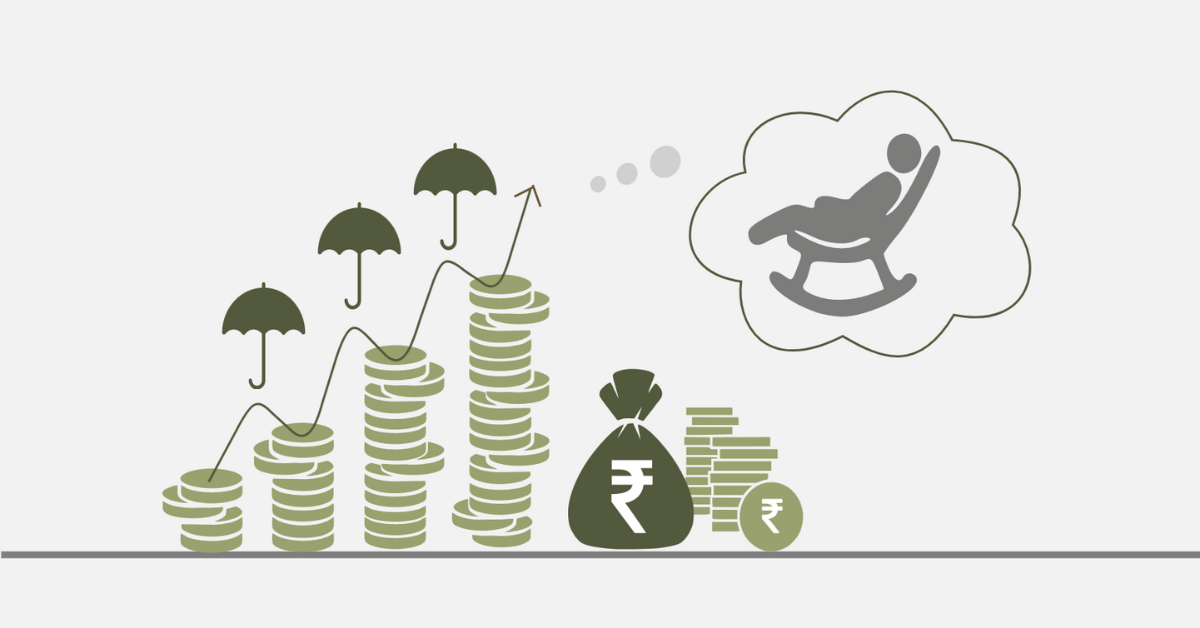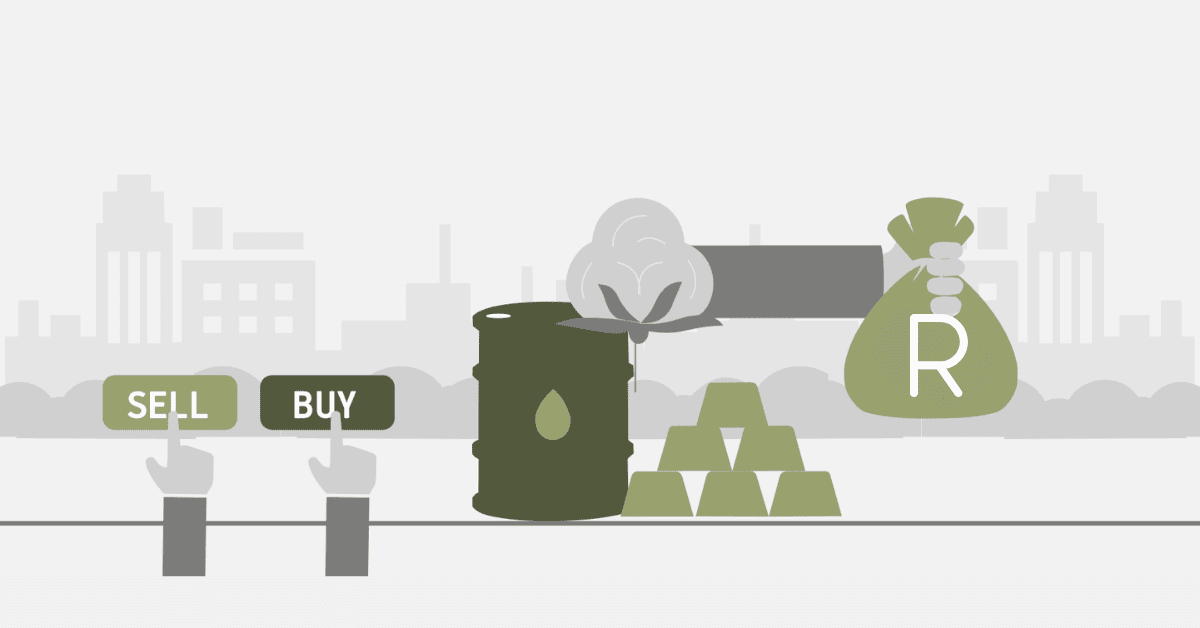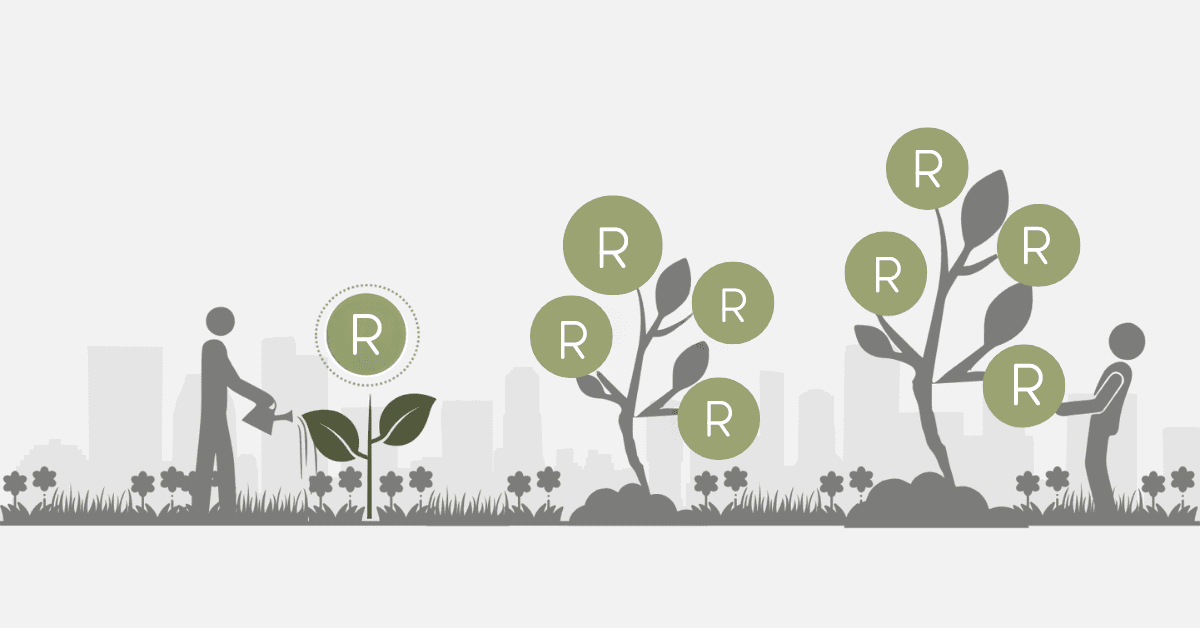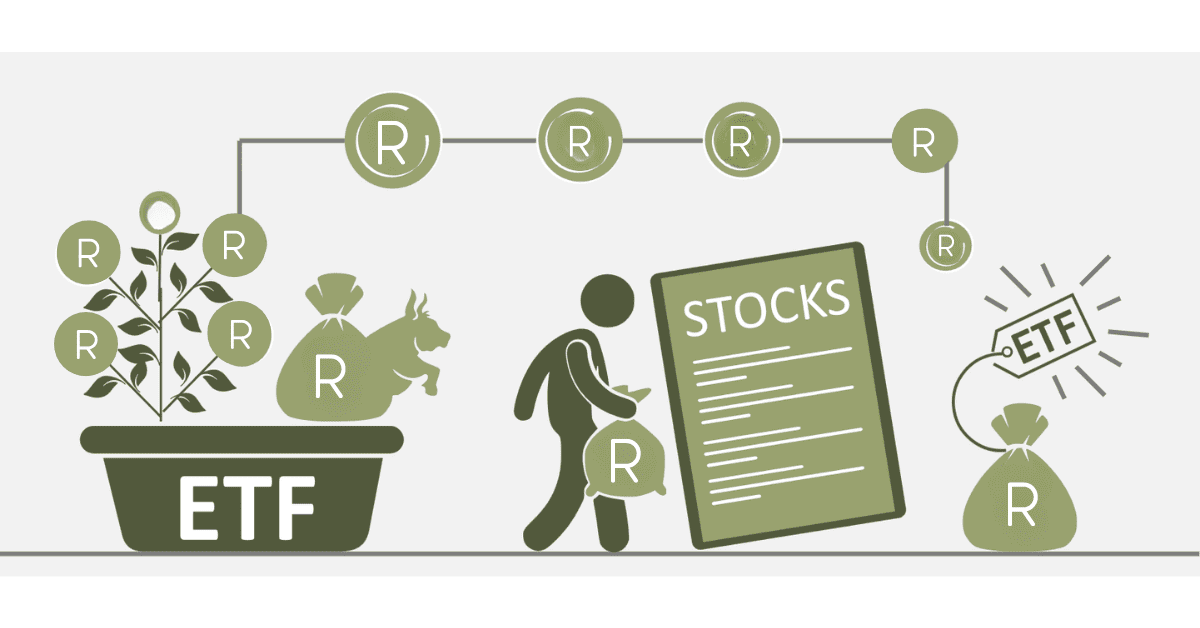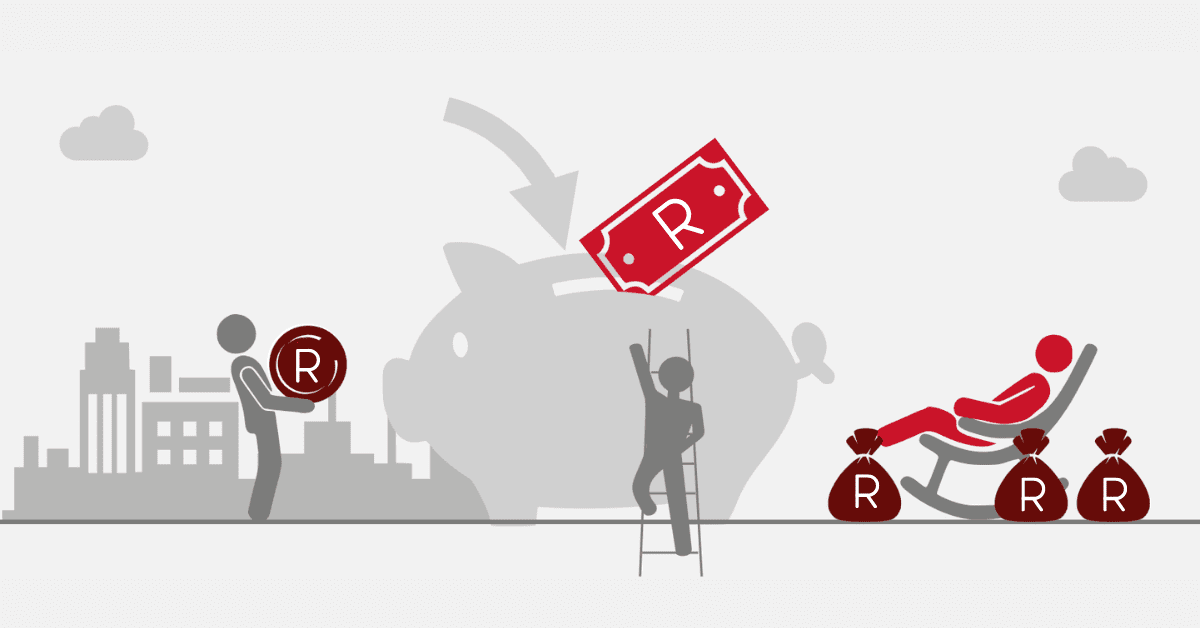In South Africa, the tax treatment of your investments is vital to reduce the tax burden and to ensure compliance with the rule. This is due to the fact that the overall tax that applies to all types of investment income consisting of dividends, interest, rents, or gains is subject to highly differing rules, which can have significant effects on your income portfolio’s overall profitability.
SARS imposes these taxes in order that the individual can contribute their fair share towards the country’s fiscal needs based on earnings from investments. Thus, the knowledge of tax consequences on various investments can lead to informed decisions that help in tax-efficient financial planning.
How Are Investments Taxed?
Investments in South Africa are taxed according to the type of income they yield. The primary sources of taxable investment income include local and foreign interest, dividends, local and foreign, and capital gains. Interest income from bonds or savings accounts is, for instance, commonly taxed at your marginal tax rate while not qualifying for any tax exemption—in any case, not until SARS sets an annual exemption limit.
Dividends accruing to the taxpayer are taxed at the dividends withholding tax (DWT) rate of 20%, of which 20% always represents company liability before distributing the dividends. On the other hand, CGT is triggered through the act of selling an asset for a profit, with 40% of the gain included when calculating the taxable income.
What Investments Are Tax-Free in South Africa?
A few investments made in South Africa are actually structured as tax-free to provide investment whereby encouragement toward saving and investing among its population. The most noteworthy of these is the Tax-Free Savings Account. The government introduced it in 2015. Note that in this account, all returns, if in the form of interest, dividends, or capital gains, become absolutely tax-free. One can contribute a maximum of R36,000 each year, and the cap of lifetime remains R500,000. Any breach in the contribution limit will warrant a penalty tax of 40% of the excess amount.
These features of TFSAs, therefore, render them tremendously attractive for both long-term savings and investments and are most helpful to people desirous of extracting maximum benefit without any color of the tax burden. Again, interest earned from South African government bonds and at certain government-approved savings bonds could also be tax-free, given certain specific terms and conditions.
How Much Tax Do You Pay on Investments?
This will depend on what type of venture it is and the investor’s marginal tax percentage. Interest income is generally taxable at your marginal tax rate. You can utilize an annual exemption: R23,800 for under-65s and R34,500 for over-65s. Dividends from local companies attract a DWT of 20%, which the company deducts before the dividend is paid out to the shareholder.
Foreign dividends and interest are taxable, too, but the actual specific rate could be cut through most set off by the sum of foreign taxes already remitted on the same investment. When one sells a capital asset and makes a capital gain, the relation of the CGT then follows. Forty percent of these capital gains are taxed alongside your other income.
What Is the Capital Gains Tax on Investments in South Africa?
For capital gains tax in South Africa, if you sell an investment—shares or property—where the selling price exists above the original buying price, the difference between the two is your score. The gains tax will include 40% of the capital gain that is to be included in your taxable income per year. The tax is taken at one’s applied tax rate, with the maximum individual effective tax that a capital gain can have at 18%.
To employ an example, let’s assume that you are taxed at a marginal rate of 45%; then, the 40% inclusion rate is really an 18% CGT on your capital gain. Now, SARS does provide for an annual exclusion of R40,000 every year— the first R40,000 of your gain is not taxed.
How to Avoid Tax on Investment Income in South Africa?
While tax avoidance is illegal, tax efficiency — using legal means to reduce your tax liability — is perfectly acceptable. Tax-Free Savings Accounts (TFSAs) are one way to pay no tax on investment income in South Africa. As already mentioned, all sums invested within a TFSA are free from tax under both the annual and lifetime contribution levels.
Another strategy is to take positions in instruments that provide for tax deductions, the best example of this being retirement annuities with their tax-deductible contribution allowances limited to a certain percentage. Also, restructuring your portfolio to include investments bearing relatively low tax rates, such as specific bonds or equities that enjoy reduced DWT, further benefits in reducing your overall tax burden.
Final Thoughts
Understanding the tax implications of your investment in South Africa helps you to plan effectively financially. Knowing how different types of investment income are taxed lets you make proper decisions that benefit you in maximizing your returns through taxes. You can reduce taxes by using Tax-Free Savings Accounts or making investment decisions. You should always consult with a tax advisor for maximum use of tax benefits and compliance with South African law on income taxation.
